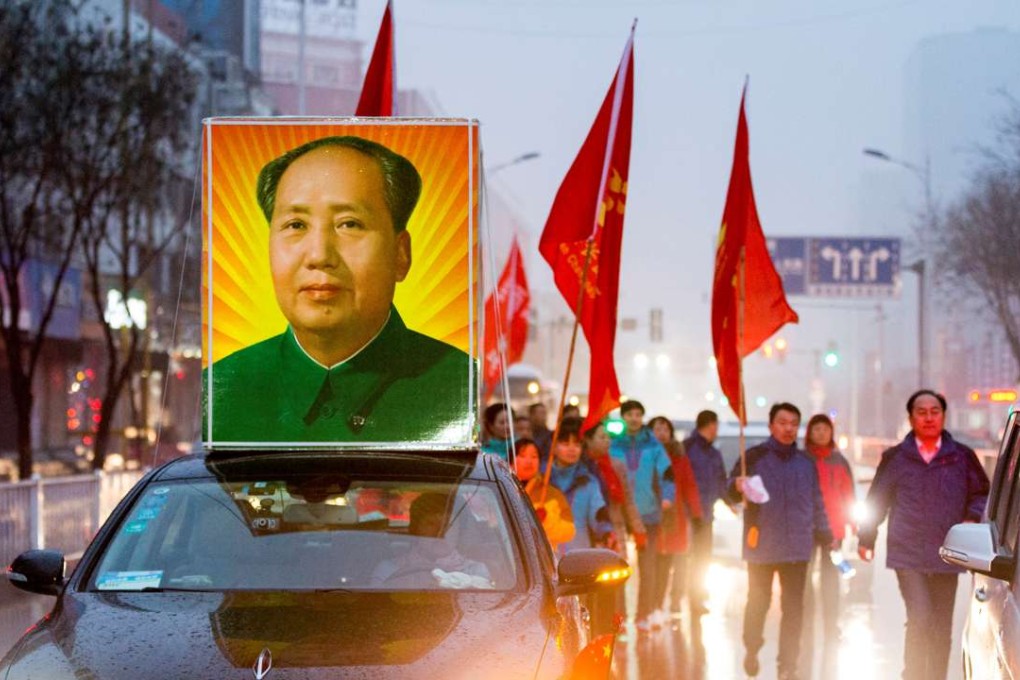Analysis | Disruptive, intolerant and populist icon: why Trump is seen as an American Mao
Several China watchers in the US see similarities between the incoming president and the late Chinese leader

As a political leader who knows how to overturn tradition and established order through populism, US president-elect Donald Trump could be the true heir of Mao Zedong, according to several China experts in the US who see many identical traits between the two men.
Orville Schell, an old China hand and former dean of the Graduate School of Journalism at the University of California, Berkeley, said Trump bore many similarities to the late strongman.

“Mao Zedong was a revolutionary, he was a populist. He could take aim at anyone and turn over order,” Schell said.
Mao believed that you had to destroy the old before you could build the new, Schell told a workshop organised by the Asia Society in New York forecasting Trump’s China policy during his first 100 days in office. Schell pointed to Mao’s push to destroy China’s ideological system by staging the Cultural Revolution, which saw elites replaced by peasants and workers in an “absolutely upside down situation”
Kerry Brown, a China expert at King’s College in London, also drew parallels between the two leaders. Writing in the online magazine The Diplomat, Brown said both Mao and Trump disliked scholars, and Mao brutally retaliated against anyone who even “slightly opposed him”.